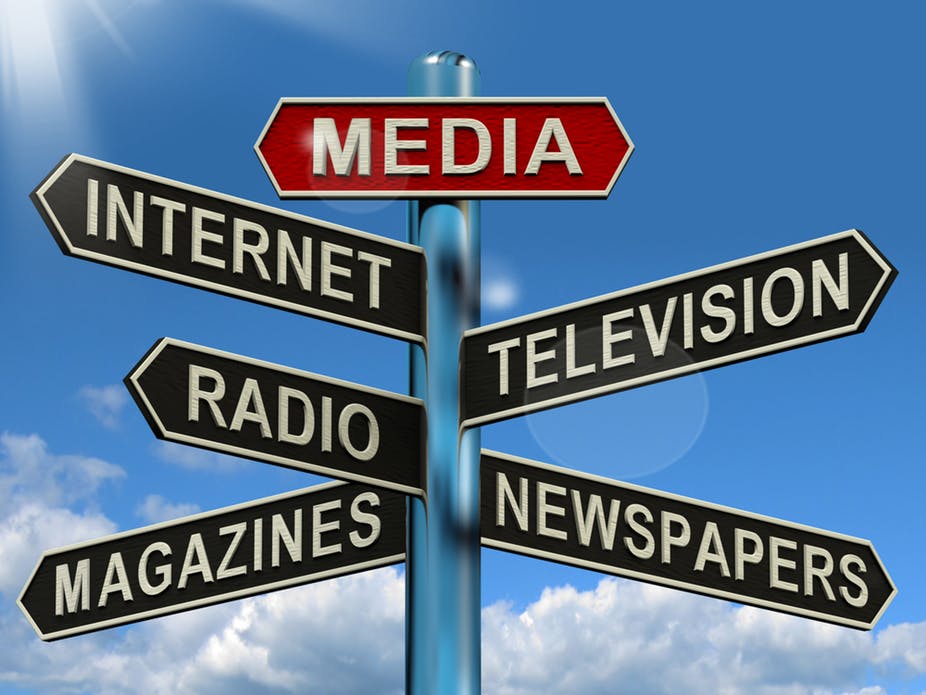Despite claims by the government that it is committed to ensuring a safe working environment for the media, press freedom in Zimbabwe has remained a pipedream.
Zimbabwe on May 3 joined the international community is commemorating the World Press Freedom Day, which ran under the universal theme: “Journalism without Fear or Favour.”
According to the Reporters without Borders 2020 World Press Freedom Day Index, Zimbabwe is positioned at 126 out of 180 countries ranked globally.
On the other hand, some neighbouring Southern African countries such as Namibia, South Africa and Botswana are ranked at 23, 31 and 39, respectively.
“This ranking should be a sobering and reflective moment for the Zimbabwe government,” said the Zimbabwe chapter of the Media Institute of Southern Africa (MISA-Zimbabwe).
Locally MISA-Zimbabwe commemorated the day under the theme: “Free, independent and safe media key to access to information for all.”
“These themes come at a time when journalists continue to be arrested, detained or assaulted while conducting their lawful professional duties of informing and providing vital information on pertinent socio-economic and political issues that affect citizens’ daily lives for them to make informed decisions,” said MISA-Zimbabwe.
The media watchdog organisation last year recorded 27 cases involving journalists and artists whose media freedom and freedom of expression rights were violated.
“Several citizens have over the years also been arrested in terms of the Criminal Law (Codification and Reform) Act on charges of insulting the President,” bemoaned MISA-Zimbabwe.
“Recently, during the 21-lockdown period and prior to its extension, the organisation recorded 15 cases involving the arrests, assaults and harassment of journalists and newspaper vendors.”
The 1991 Windhoek Declaration, to which Zimbabwe is signatory, asserts that free media is not only a fundamental human right but also essential to democracy.
In her World Press Freedom Day message Information, Publicity and Broadcasting Services Minister, Monica Mutsvangwa, said journalists should be allowed to freely carry out their duties without anyone tempering with them.
“They (journalists) must be given the space so that they can speak truth to power,” said Mutsvangwa.
“Safety of their working environment is very crucial. The threat of death or imprisonment of reporters and journalists has no place in civilised societies.”
But MISA-Zimbabwe said while they welcomed the Ministry’s open-door policy and engagements with media stakeholders in its quest to break with the past, the ultimate objective and outcome should be that of entrenching the pillars of democracy as pledged by President Emmerson Mnangagwa.
“More still needs to be done as the country is still littered and polluted by a plethora of restrictive laws such as the Official Secrets Act, Censorship and Entertainment Controls Act, Interception of Communications Act and certain sections of the Criminal Law (Codification and Reform) Act,” added MISA-Zimbabwe.

